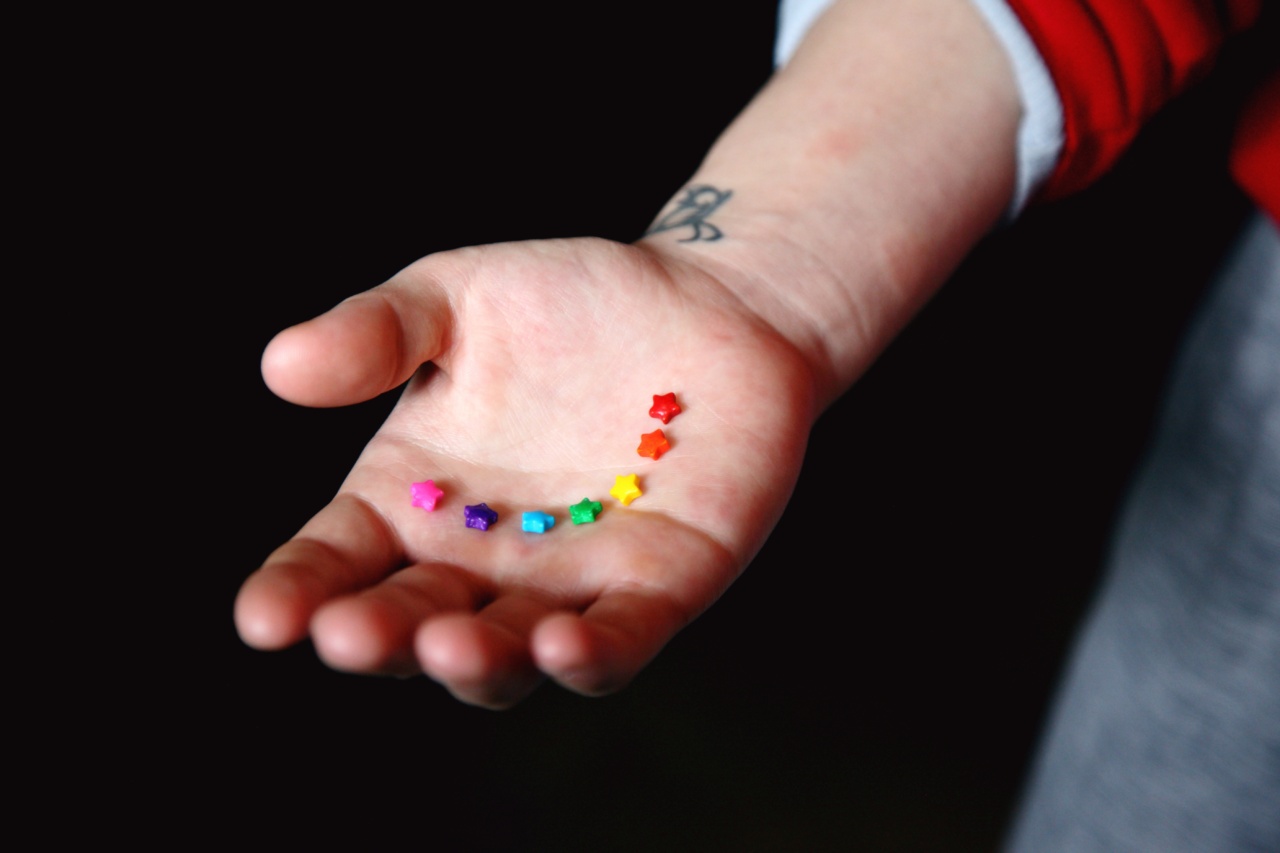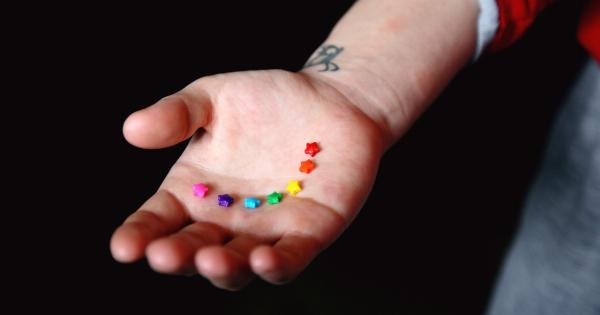Social communication disorder (SCD) is a condition that affects a child’s ability to communicate effectively with others.
Children with SCD may have difficulty using nonverbal communication, such as gestures and facial expressions, as well as understanding the social rules for conversation. Fortunately, there are several treatments available to help children with SCD improve their communication skills and social interactions. In this article, we’ll explore some of the most effective treatments for SCD.
Speech Therapy
Speech therapy is a common treatment for children with SCD. A speech-language pathologist (SLP) can work with your child to improve their communication skills and help them learn to use verbal and nonverbal cues in social interactions.
The SLP may use techniques such as role-playing, video modeling, and social stories to teach your child the social skills they need to thrive.
Social Skills Groups
Social skills groups are another effective treatment option for children with SCD.
These groups are usually led by a trained professional, such as a psychologist or SLP, and allow children to practice their social skills in a supportive and structured environment. The groups may focus on topics such as conversation skills, nonverbal communication, or problem-solving. By practicing these skills with peers, children with SCD can improve their social confidence and become more comfortable in social situations.
Occupational Therapy
Occupational therapy (OT) can also be beneficial for children with SCD. An occupational therapist can work with your child to improve their fine motor skills and sensory processing abilities, both of which can impact their social interactions.
By improving these skills, your child may find it easier to use nonverbal cues and engage in social play with their peers.
Cognitive Behavioral Therapy
Cognitive behavioral therapy (CBT) is a type of talk therapy that can be helpful for children with SCD who are experiencing anxiety or depression related to their social difficulties.
A trained therapist can work with your child to identify and change negative thought patterns that are contributing to their anxiety or depression. They can also teach your child coping strategies for managing their emotions in social situations.
Medication
While medication is not typically used as a first-line treatment for SCD, it may be helpful for some children who are also experiencing other symptoms such as anxiety or attention-deficit/hyperactivity disorder (ADHD).
Your child’s doctor can help you determine whether medication is a good option for your child and, if so, which medication may be most effective.
Parent Training
Parent training can also be a helpful treatment option for children with SCD.
Parents can learn strategies for promoting their child’s social development at home, such as using visual aids to reinforce social rules or encouraging their child to practice social skills during playtime. By working with their child’s therapist and implementing these strategies at home, parents can help support their child’s progress and improve their overall well-being.
Assistive Technology
Assistive technology, such as speech-generating devices or communication boards, can also be beneficial for children with SCD who struggle with verbal communication.
These devices can help your child express themselves more easily and communicate their needs and feelings to others. An SLP or occupational therapist can help you determine which type of assistive technology may be most helpful for your child.
Social Storytelling
Social storytelling involves using stories or narratives to help children with SCD understand social situations and learn appropriate social behaviors.
Social stories may focus on specific topics, such as how to join a conversation or how to share toys with friends. By reading and discussing these stories with your child, you can help them learn the social rules and expectations that they need to succeed in social situations.
Applied Behavior Analysis
Applied behavior analysis (ABA) is a type of therapy that involves breaking down complex behaviors into smaller, more manageable parts. ABA can be helpful for children with SCD who are struggling to learn and use social skills.
An ABA therapist can work with your child to identify specific social behaviors that need improvement, such as making eye contact or waiting their turn to speak. By reinforcing positive behaviors and using prompts and rewards to encourage social skills, your child can learn to communicate more effectively with others.
Diet and Exercise
While diet and exercise are not specifically designed to treat SCD, they can be helpful in promoting overall well-being in children with this condition.
A healthy diet and regular exercise can help improve mood, reduce stress, and promote social engagement. Encouraging your child to eat a balanced diet and engage in physical activity can be an important part of their overall treatment plan.






























